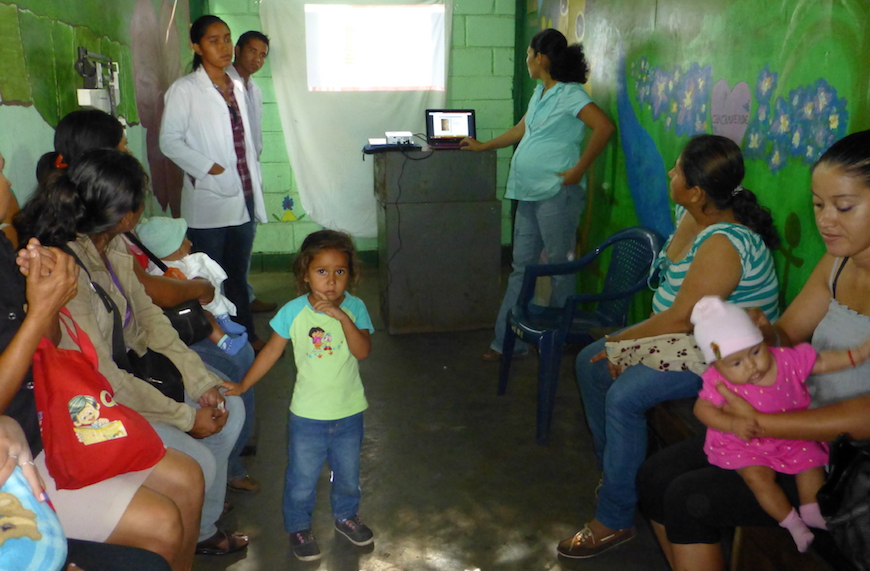Archived story. Original version is here.
Women in low-resource areas are particularly vulnerable to complications during pregnancy and to postpartum hemorrhage. Timely and appropriate management can prevent suffering and loss, yet high-risk communities lack the appropriate knowledge and skilled medical personnel.
WiRED International created our Mother and Child Health Series of 24 health learning modules so that women, their families and community health workers can prepare for a healthy pregnancy, delivery and the early years of their child. Several modules address what can go wrong: two of them are pregnancy complications and postpartum hemorrhage.
WiRED’s Pregnancy Complications Module covers health issues already existing before pregnancy (e.g., high blood pressure, HIV, obesity, diabetes,) and those arising during pregnancy and childbirth (e.g., anemia, preeclampsia, depression, miscarriage, infections).
Postpartum hemorrhage — or severe bleeding after birth — is the largest direct cause of maternal deaths. WiRED’s Postpartum Hemorrhage Module covers normal bleeding vs. postpartum hemorrhage, causes of postpartum hemorrhage, uterine atony, trauma, retention of tissue, thrombin, risk factors, signs and symptoms, diagnosis, treatments and prevention.
WiRED believes that skilled care before, during and after childbirth can save the lives of women and newborn babies. To prepare trainers in Mother and Child Health, WiRED offers a certificate for people who successfully complete a study of the 24 modules in the series.
Read WiRED’s modules to learn more.


